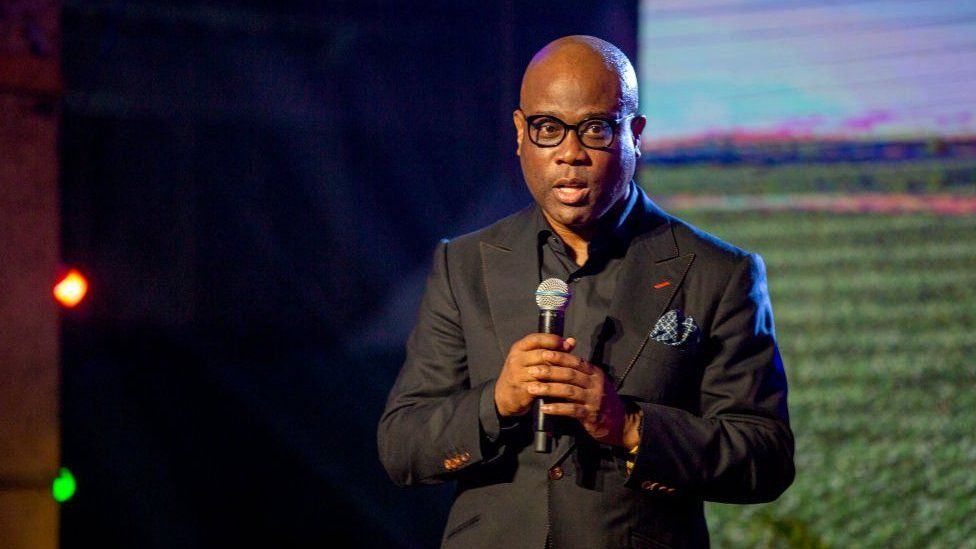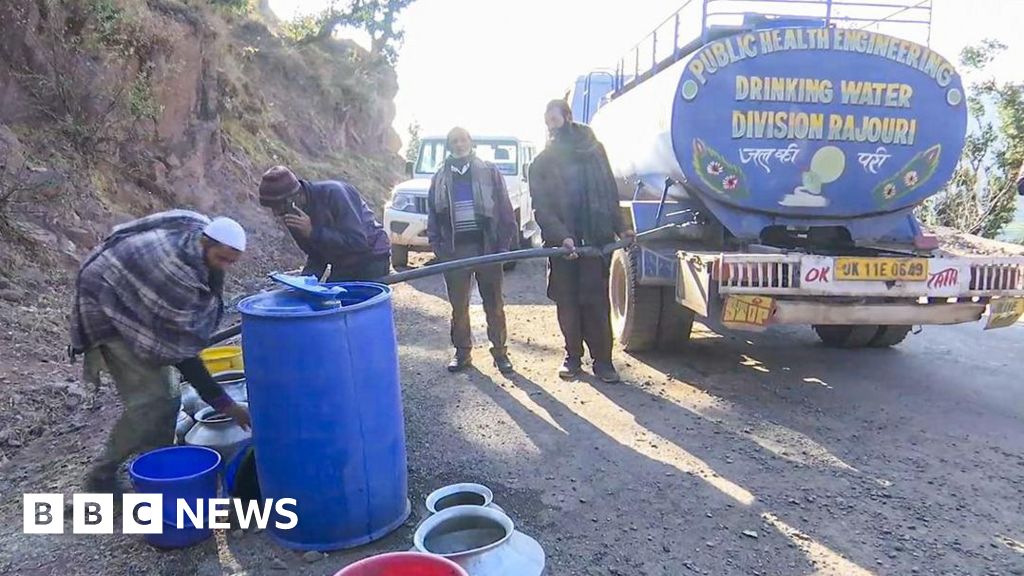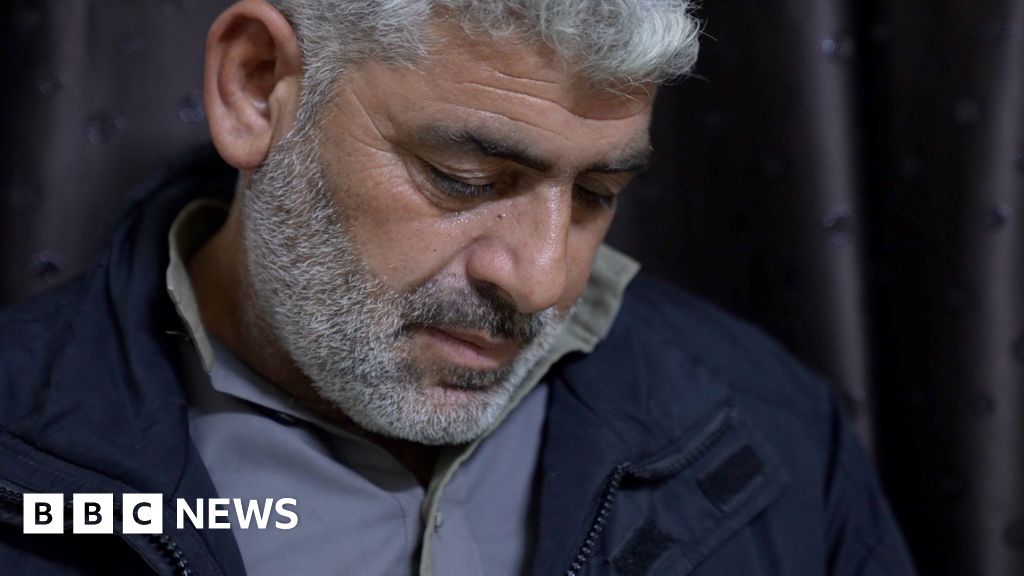ARTICLE AD BOX
 Image source, Getty Images
Image source, Getty Images
Herbert Wigwe was widely seen as an industry leader
The co-founder of Access Bank, one of the largest banks in Nigeria, was among six people killed in a helicopter crash in California on Friday.
Herbert Wigwe, his wife, son, and a former president of the Nigerian stock exchange were all killed in the crash.
President Bola Tinubu described the death of Mr Wigwe as an "overwhelming tragedy".
Investigators are scouring the site in southern Californian desert to determine the cause of the crash.
The chartered helicopter was on its way from from Palm Springs to Boulder City in Nevada when it went down about 96km (60 miles) from Las Vegas.
According to Nigerian media, the 57-year-old banker was on his way to Las Vegas to attend Sunday's Super Bowl.
The San Bernardino county sheriff's department said the crash site was near Nipton, on the edge of the Mojave Desert Preserve. The weather was poor, with reports of rain and snow showers in the area.
Mr Wigwe founded Access Bank in 1989. It became the largest bank in Nigeria in 2018 after it acquired its main competitor, Diamond Bank.
In recent years, Mr Wigwe had been working to expand across the continent, acquiring banks in countries including Kenya, South Africa and Botswana.
He was planning to open a new banking service in Asia in the first quarter of 2024.
Tributes have been pouring in following the news of his death. President Tinubu said it was "shocking beyond comprehension". The president's office described his death as "a terrible blow" for Nigeria and Africa's banking industry.
In a newspaper article in January this year, Mr Wigwe said investing in higher education was key to controlling mass migration, which "is destabilising countries across the world".
With that in mind, he was in the process of starting his own educational institute, Wigwe University. It was set to launch in September in Nigeria's oil-rich Niger Delta region, where he was from.
"We need to take a holistic approach to address global migration, starting with our traditional framework for international development. The best place to limit migration is not in the middle of the Mediterranean or the English Channel or the Rio Grande. It is in the home countries that so many migrants are so desperate to leave," he wrote, saying his university was an opportunity for him "to give back to society".

 11 months ago
82
11 months ago
82








 English (US) ·
English (US) ·